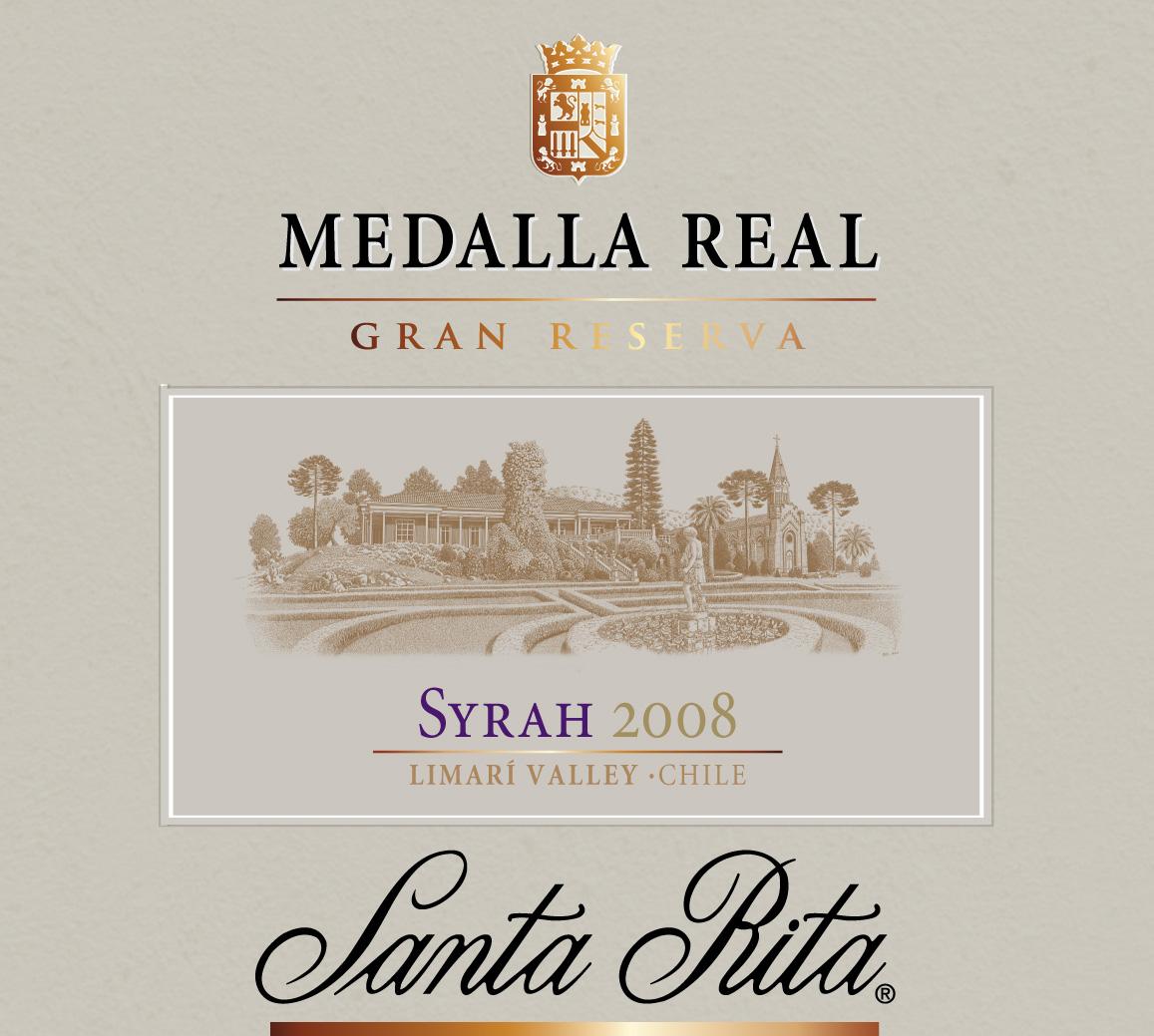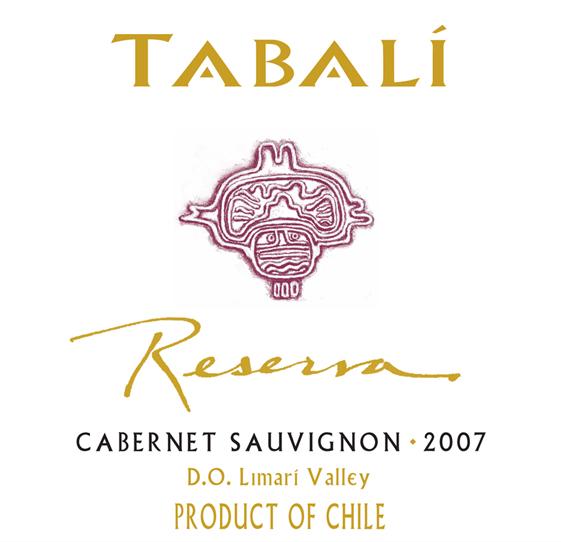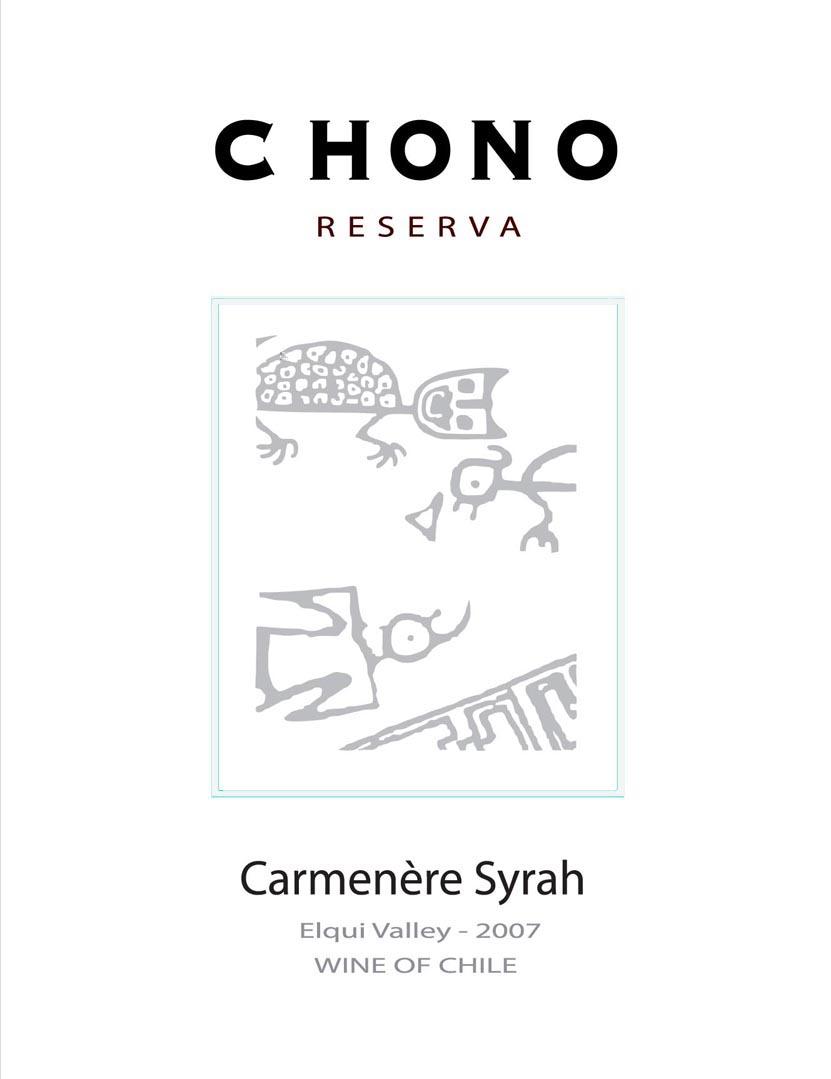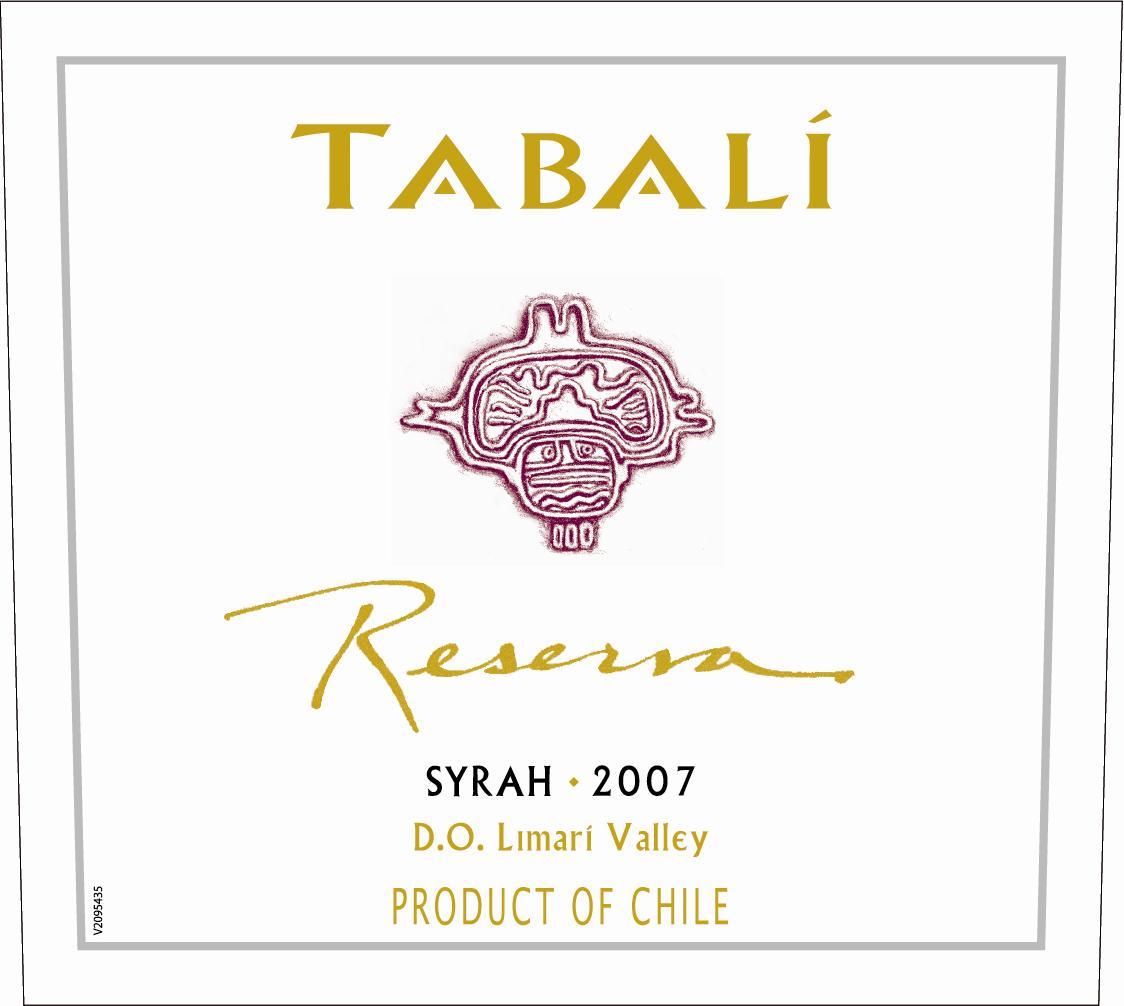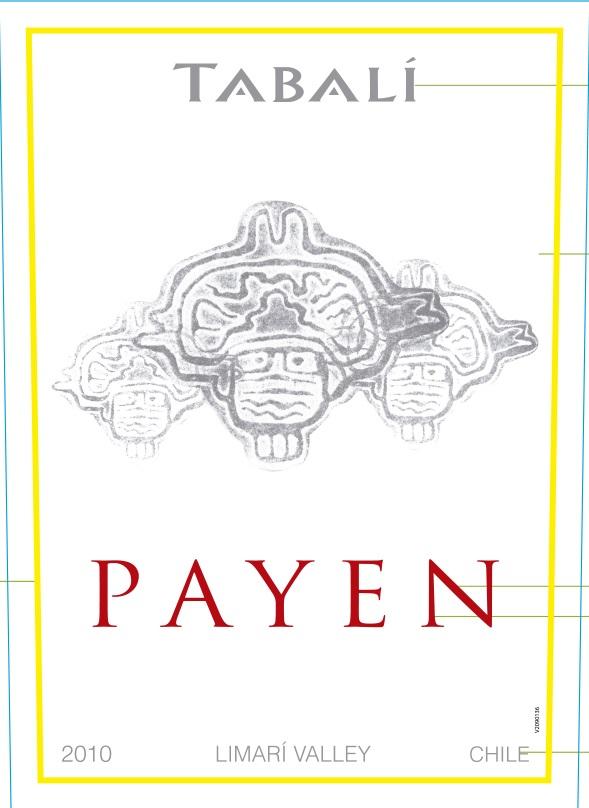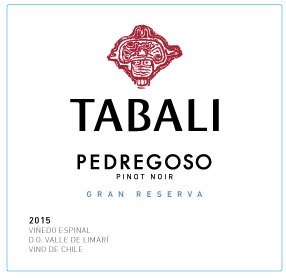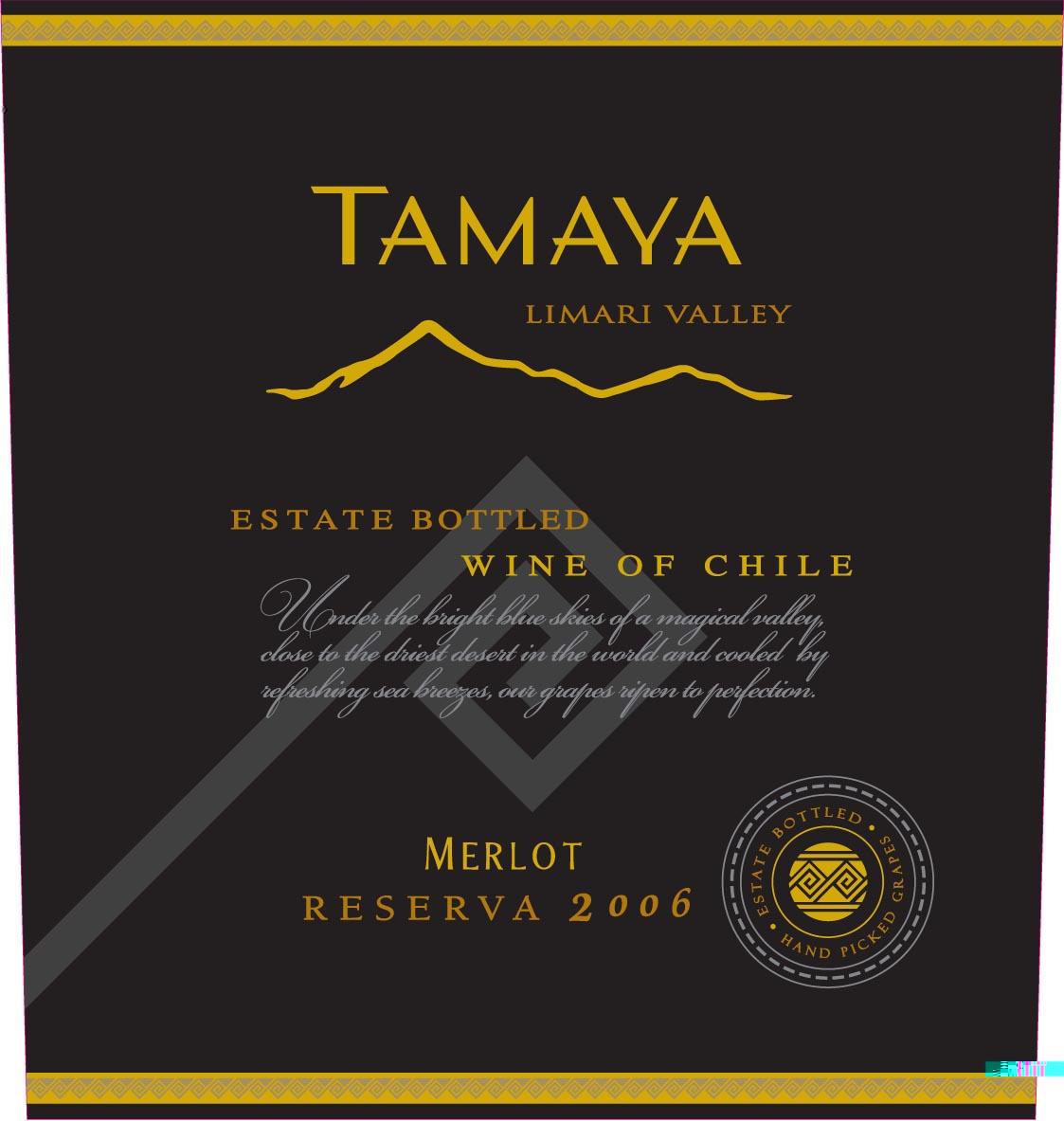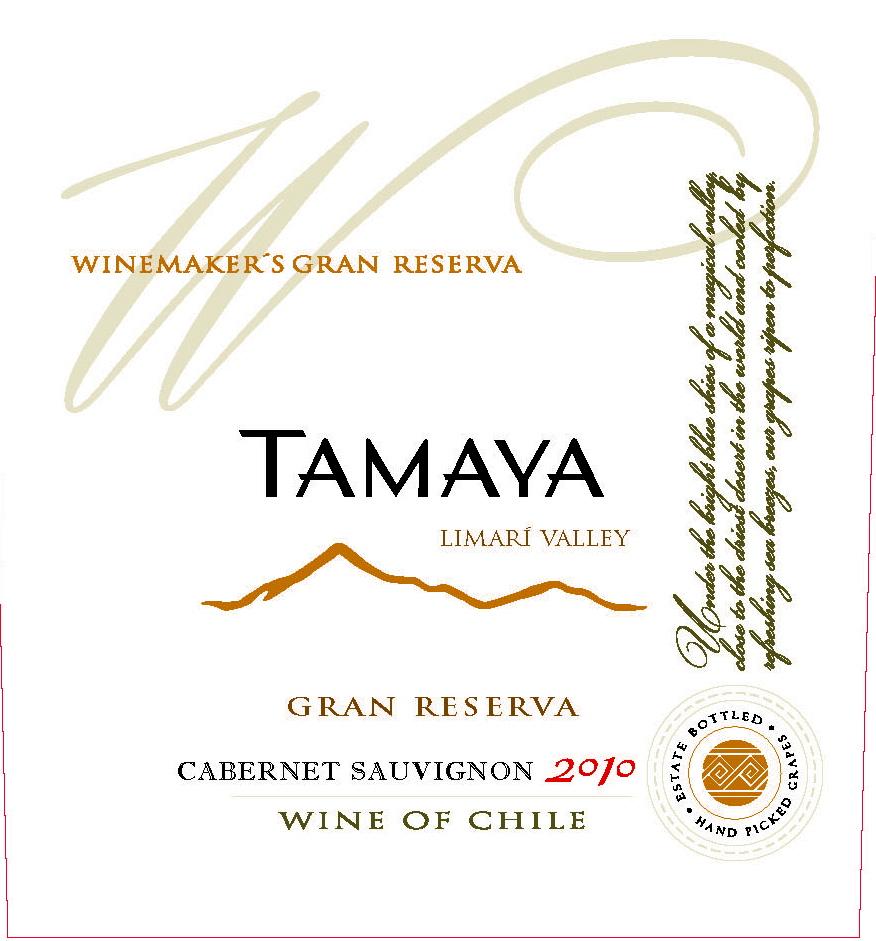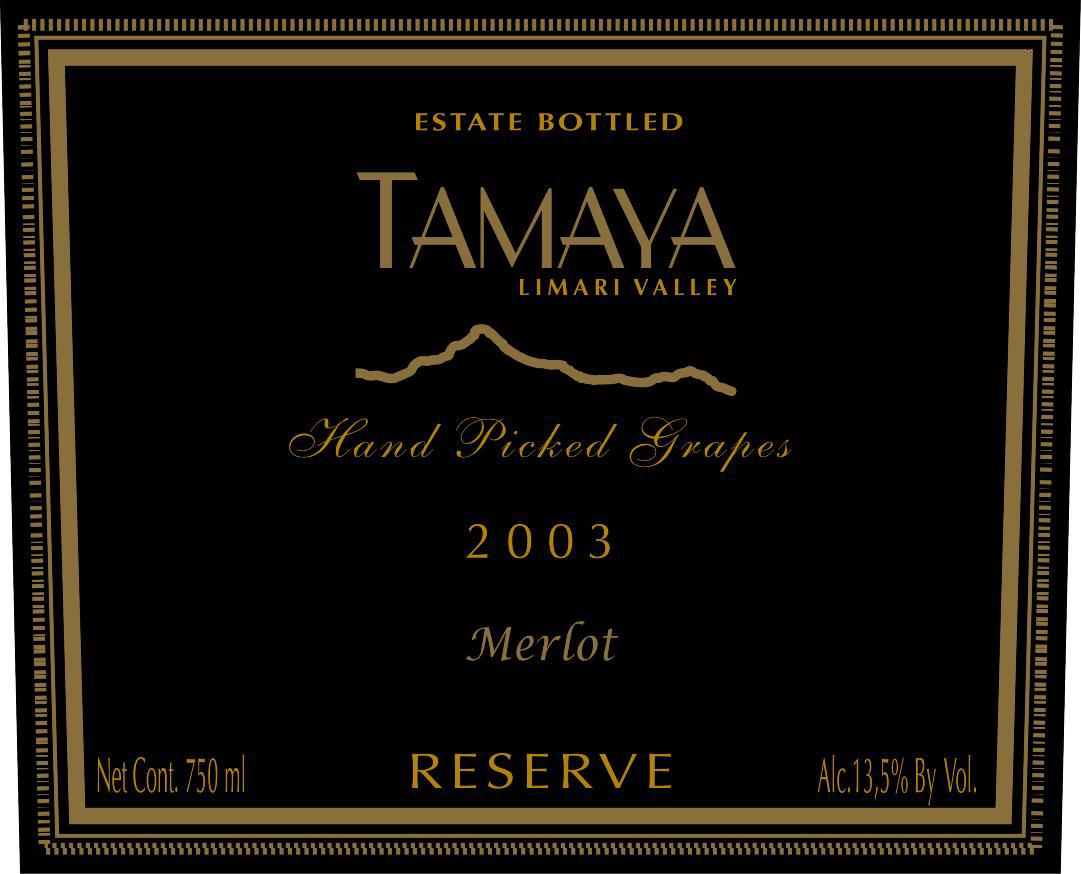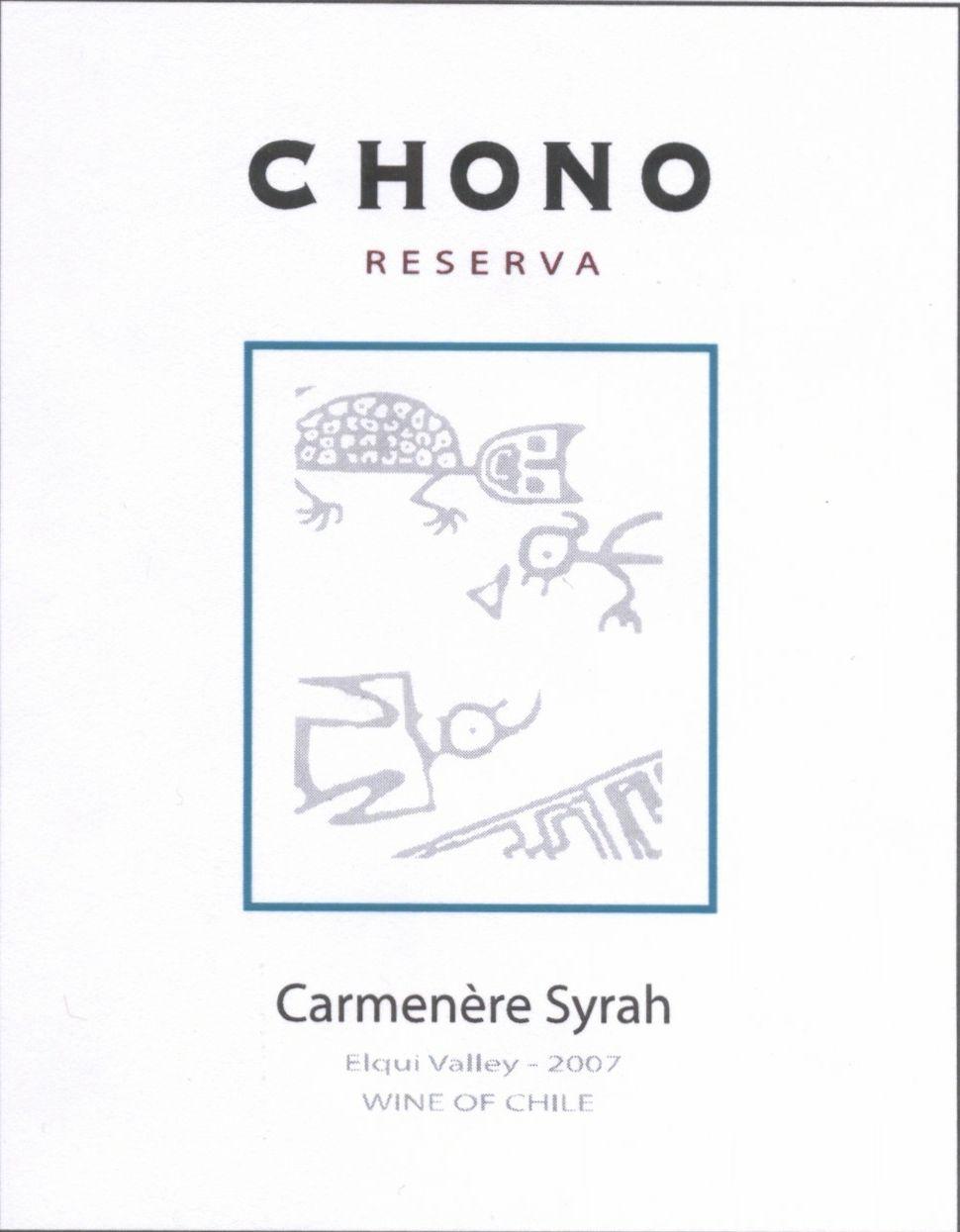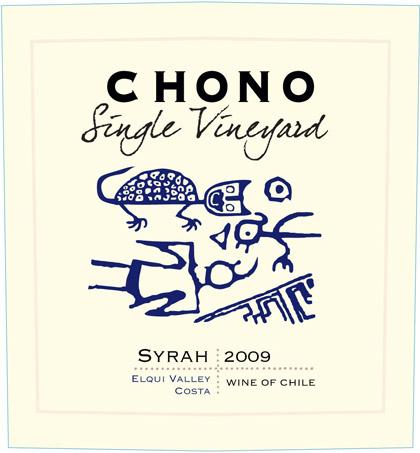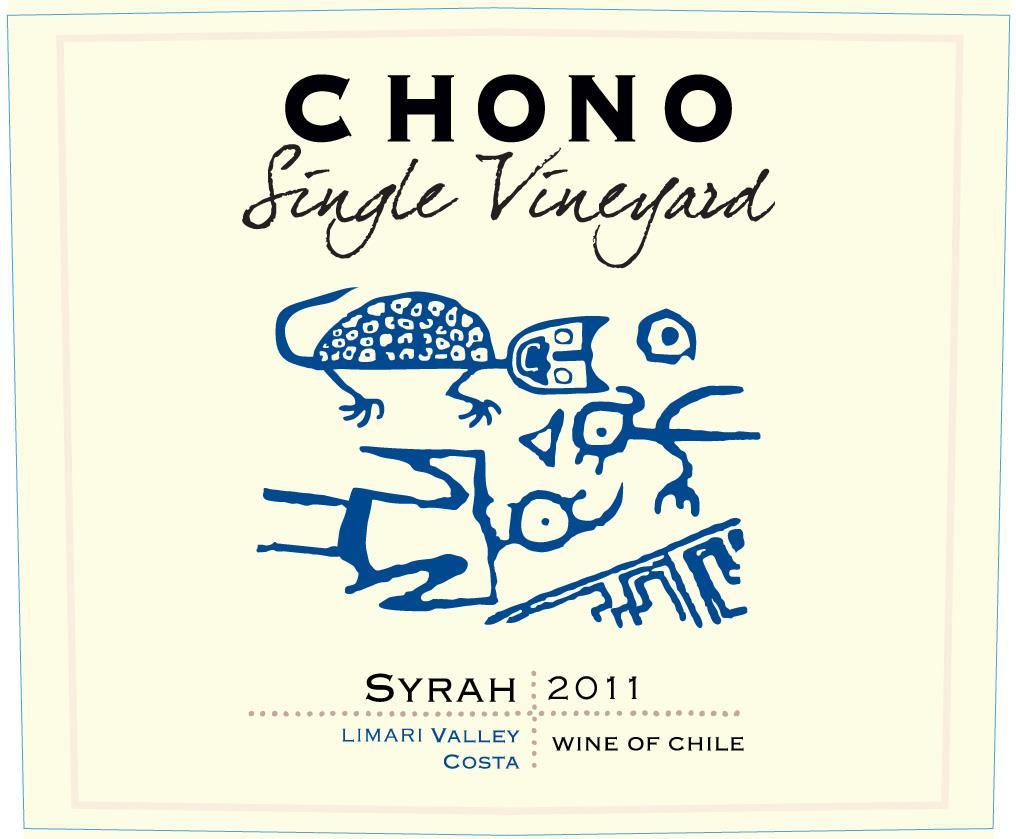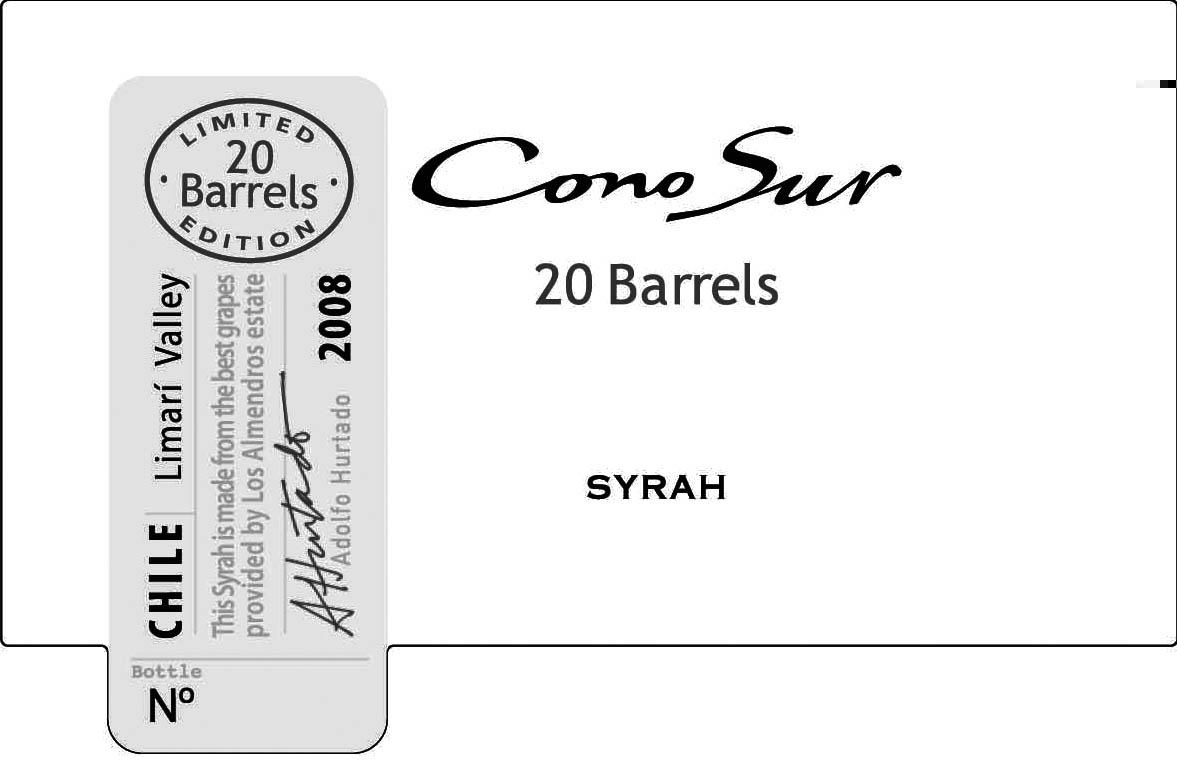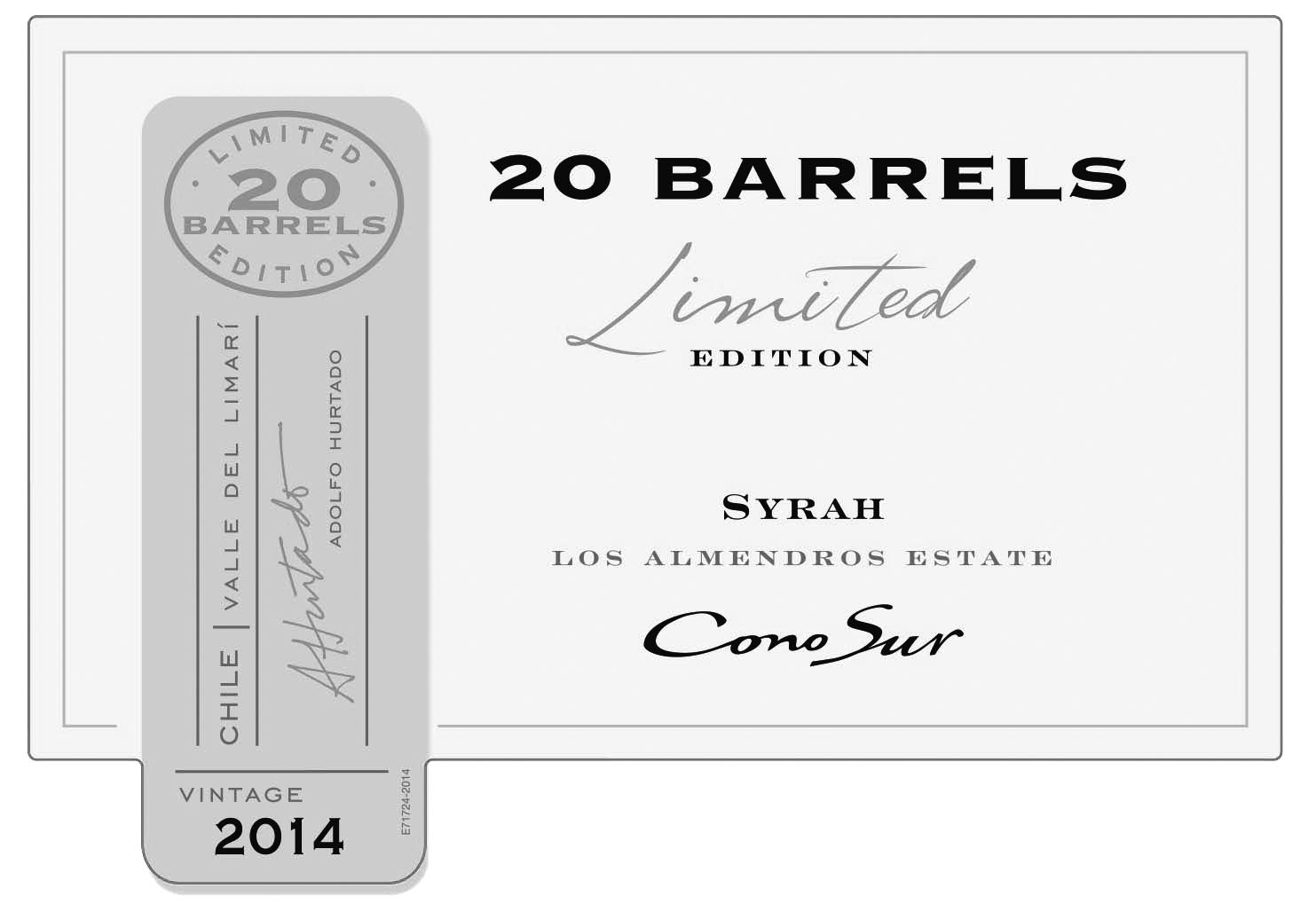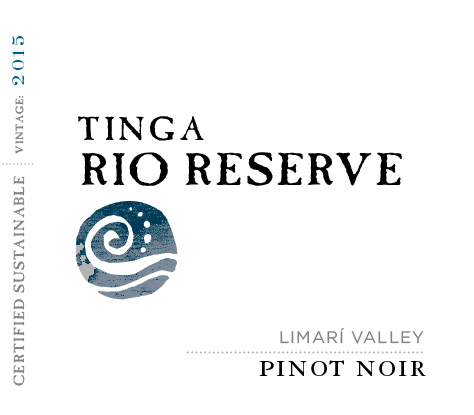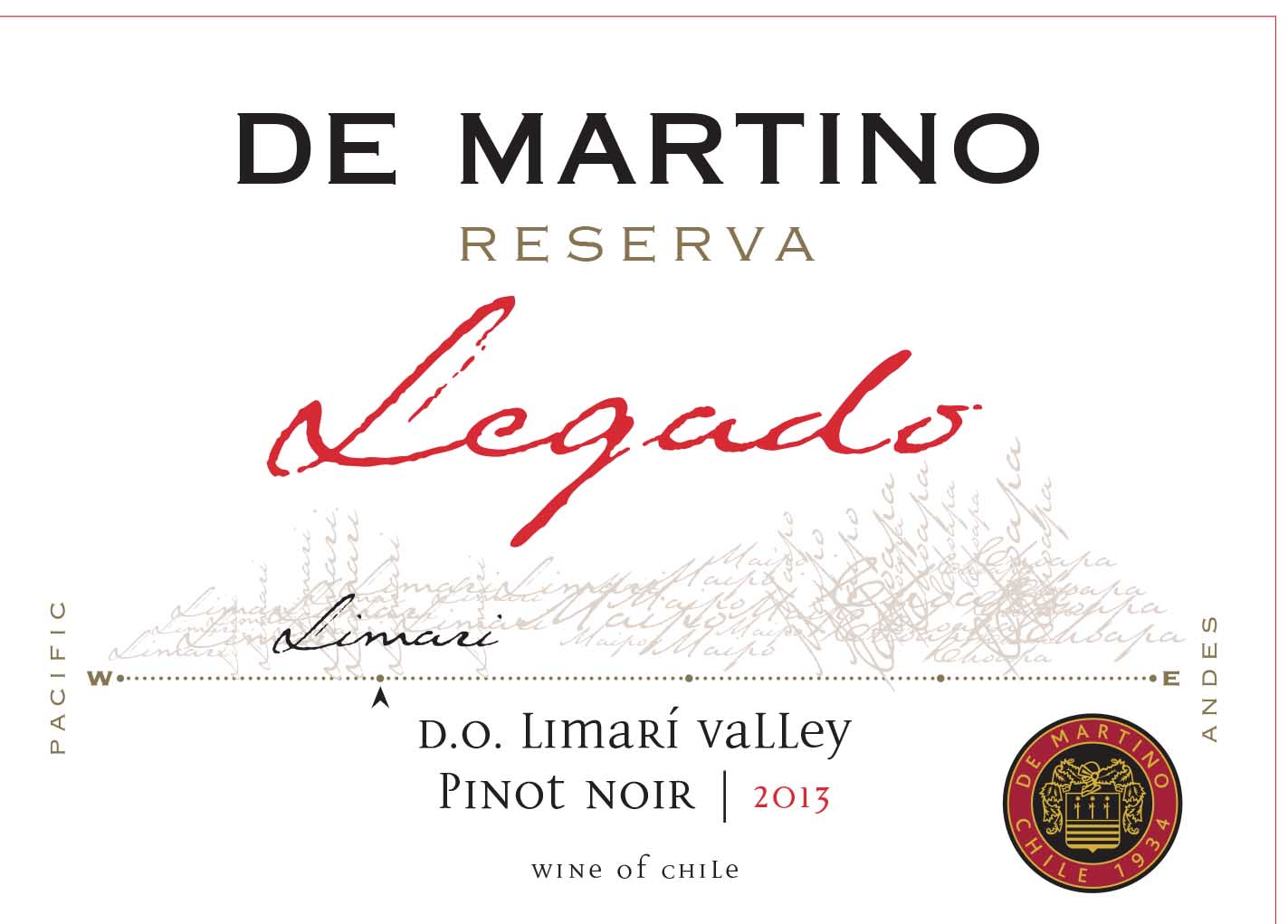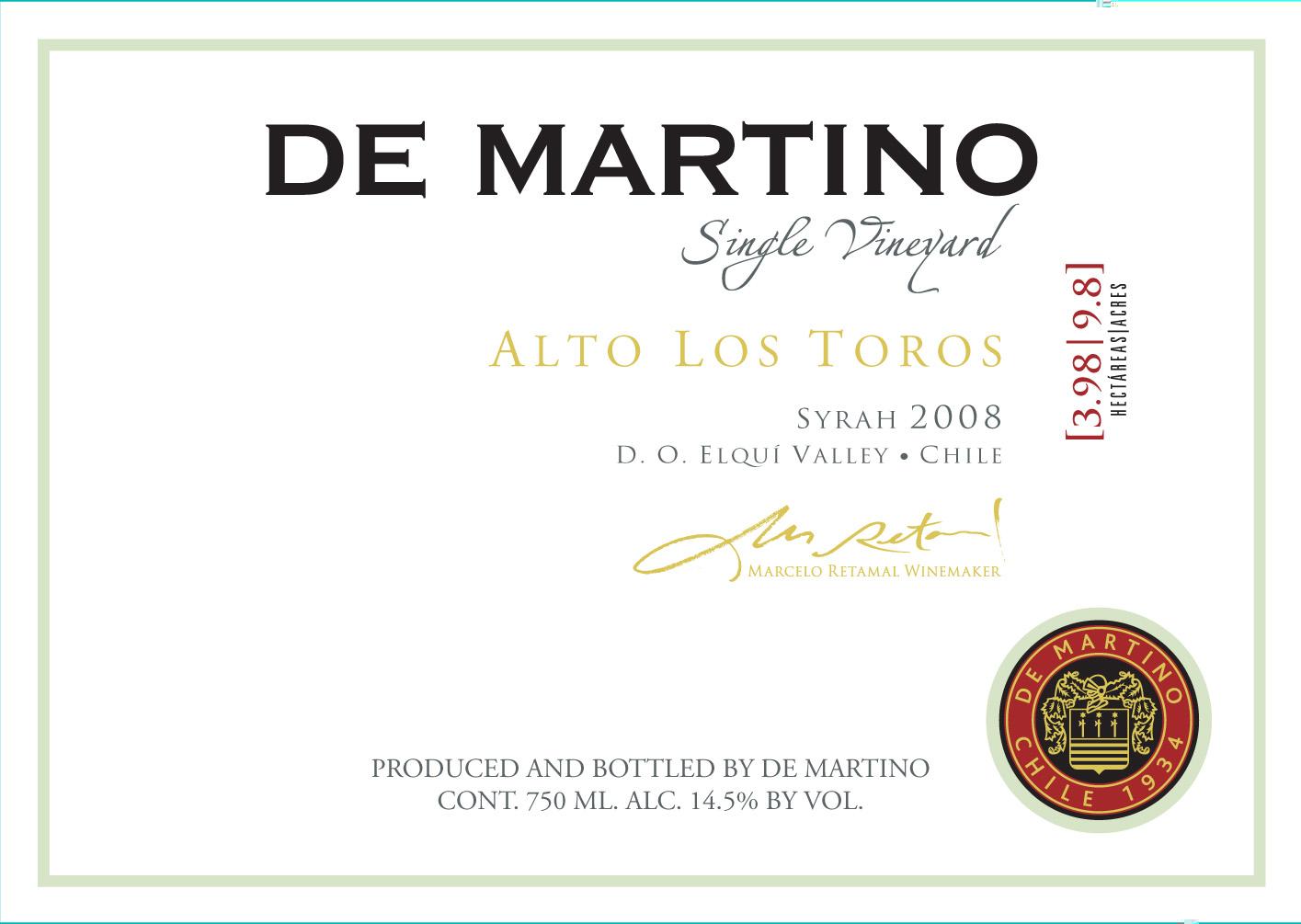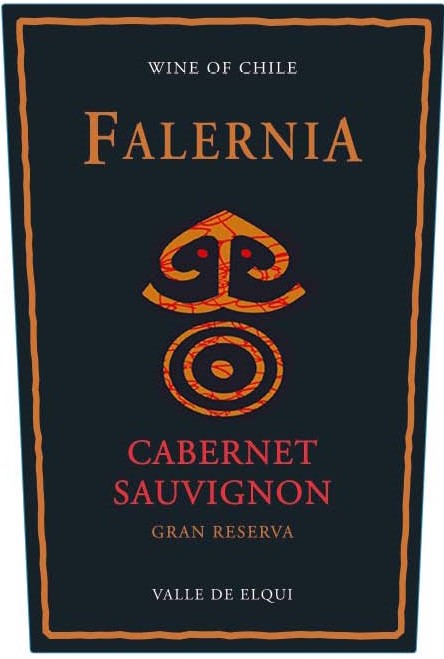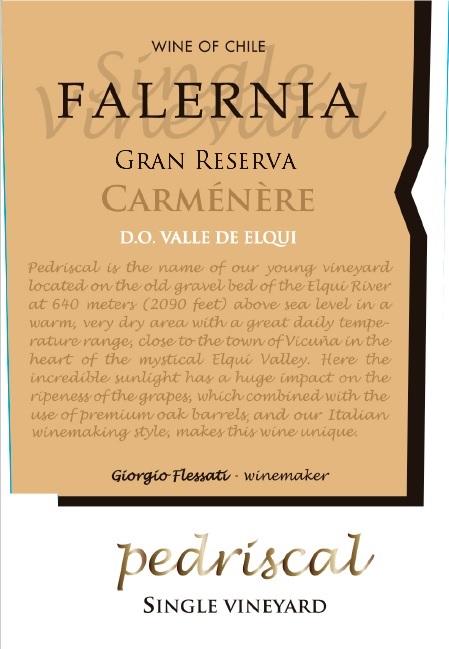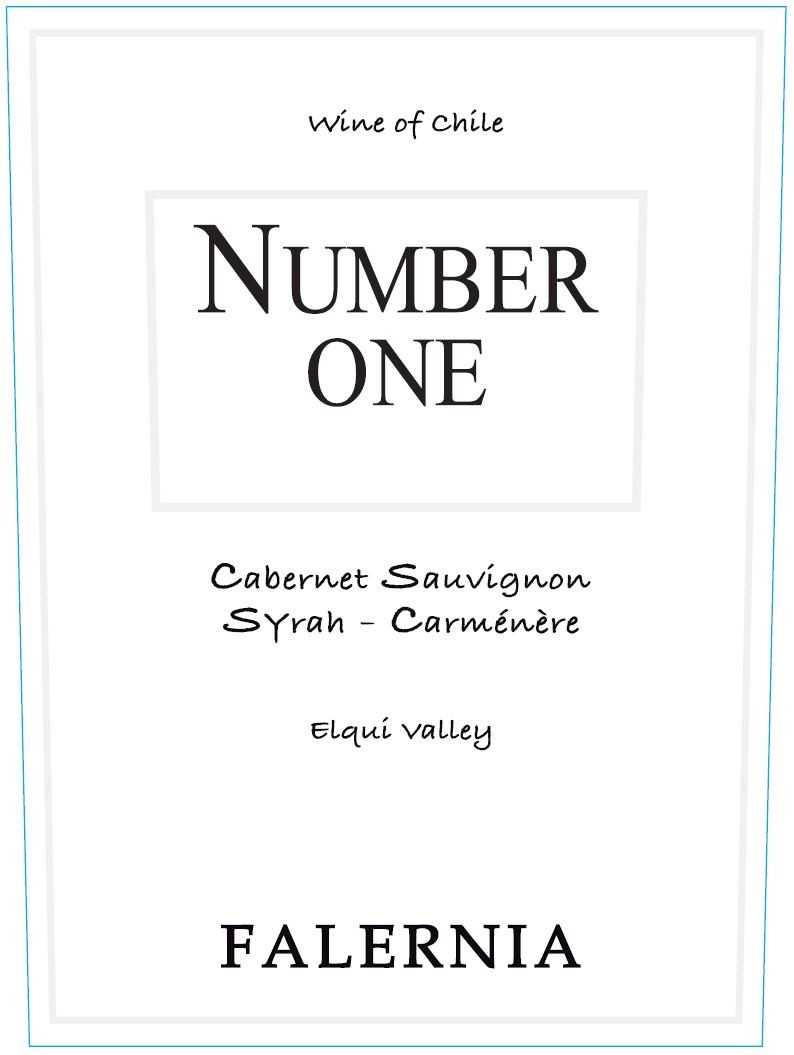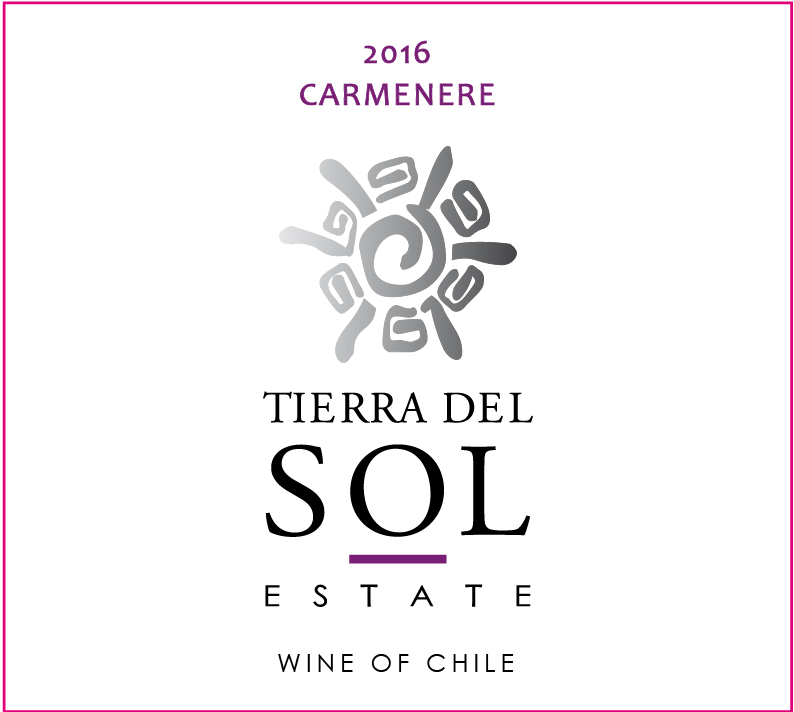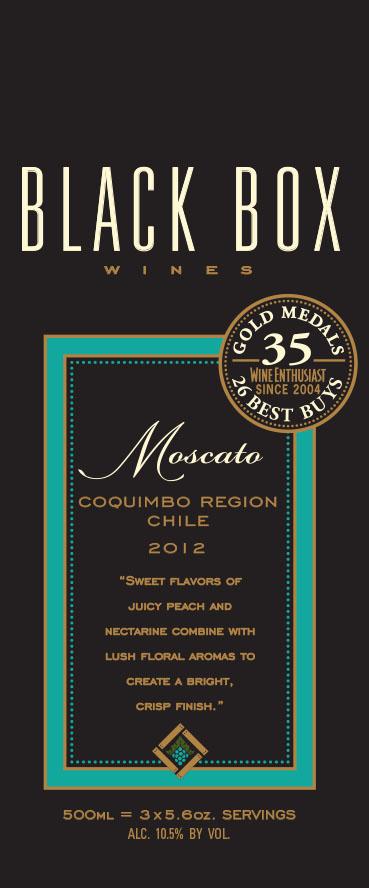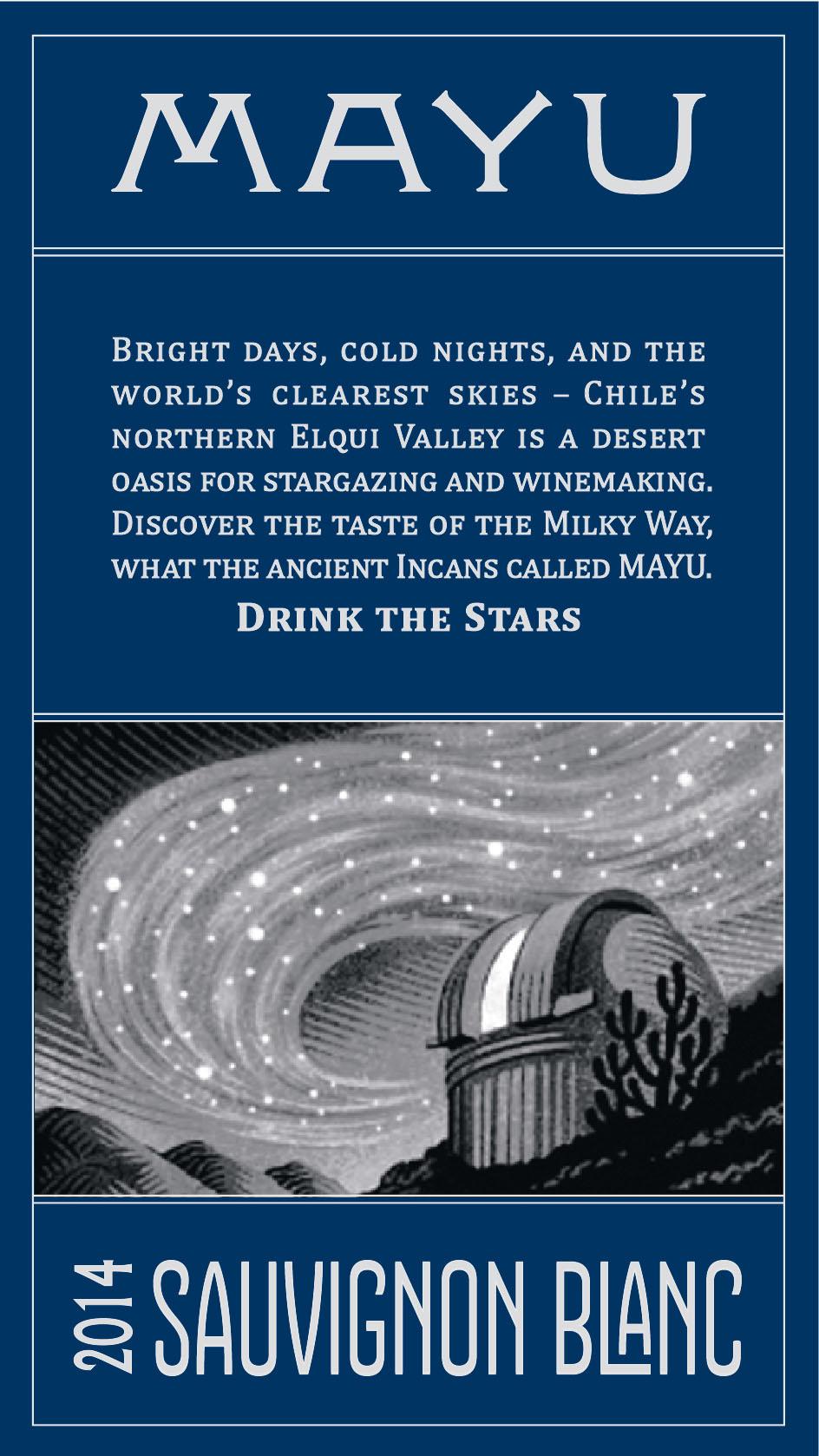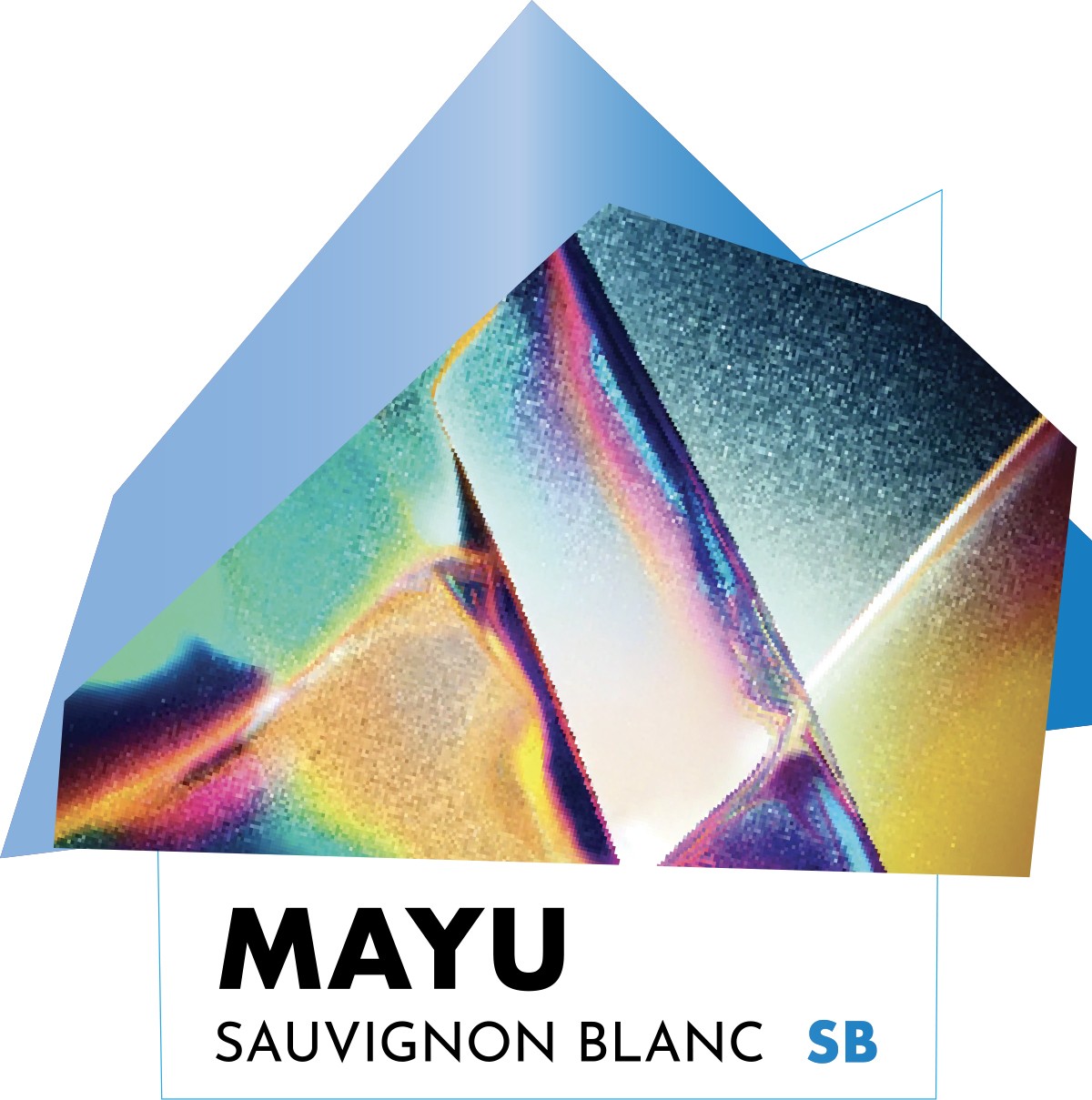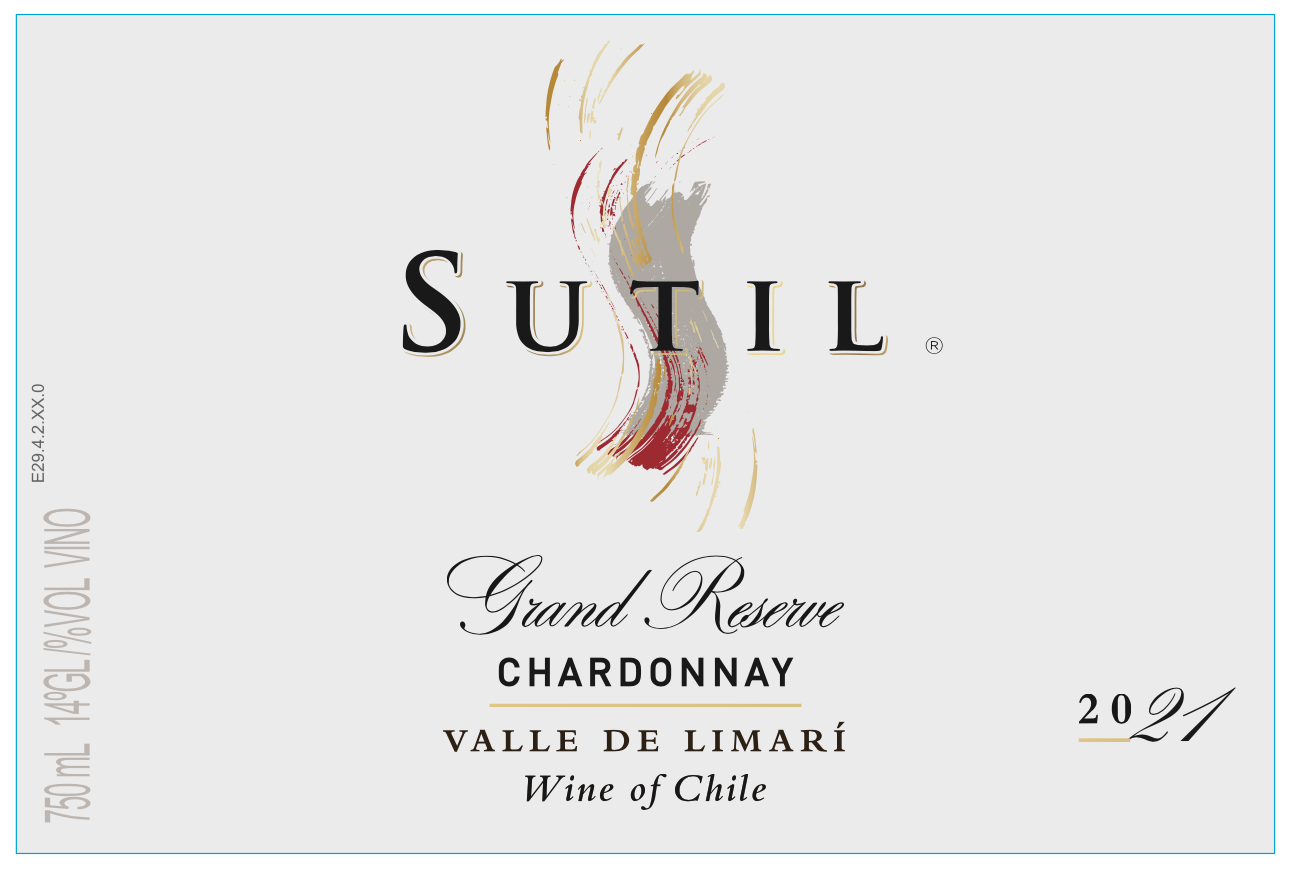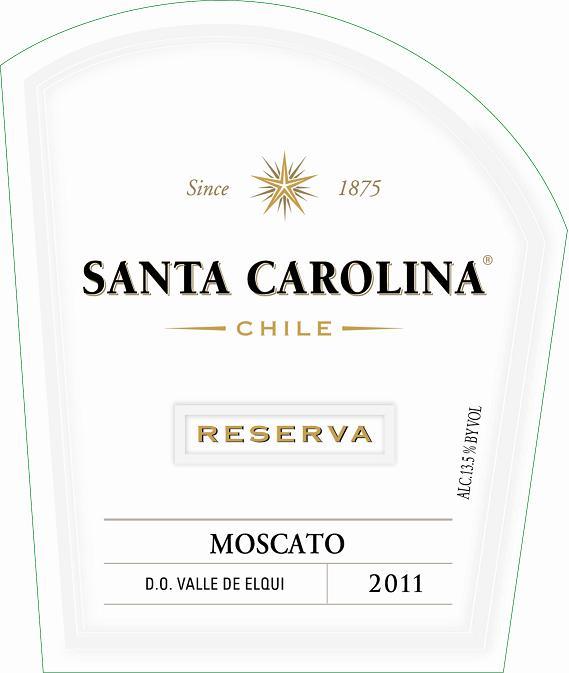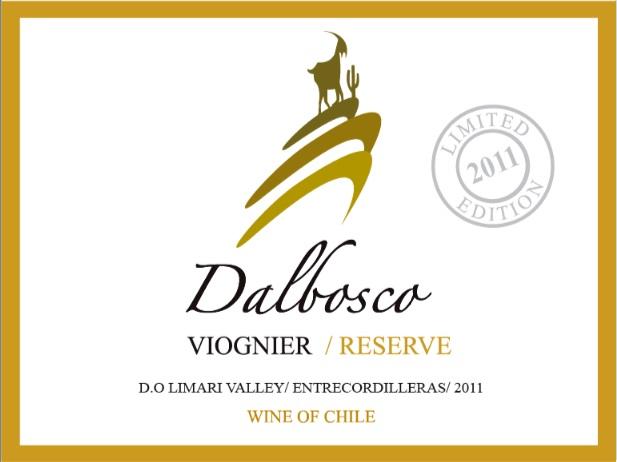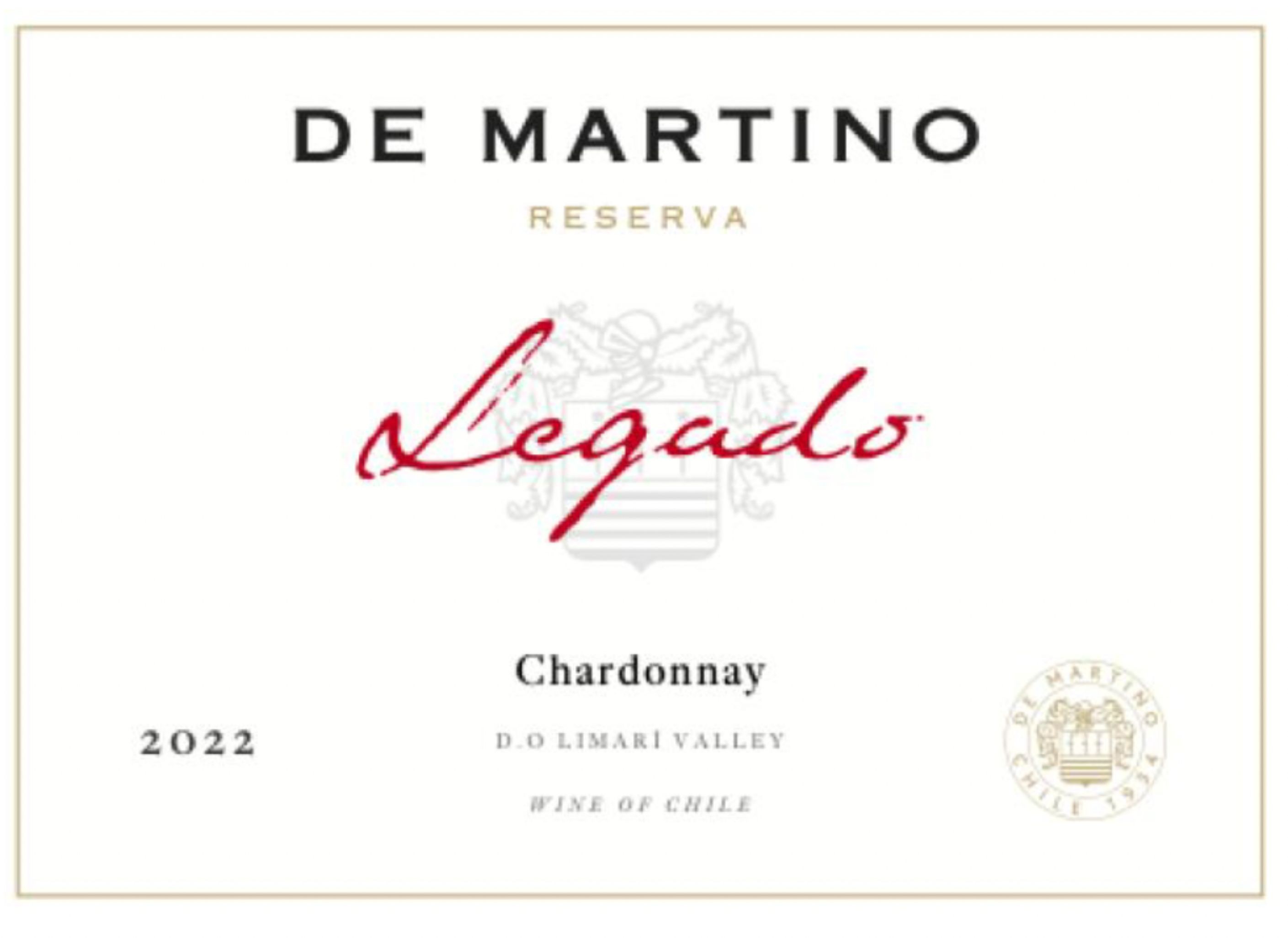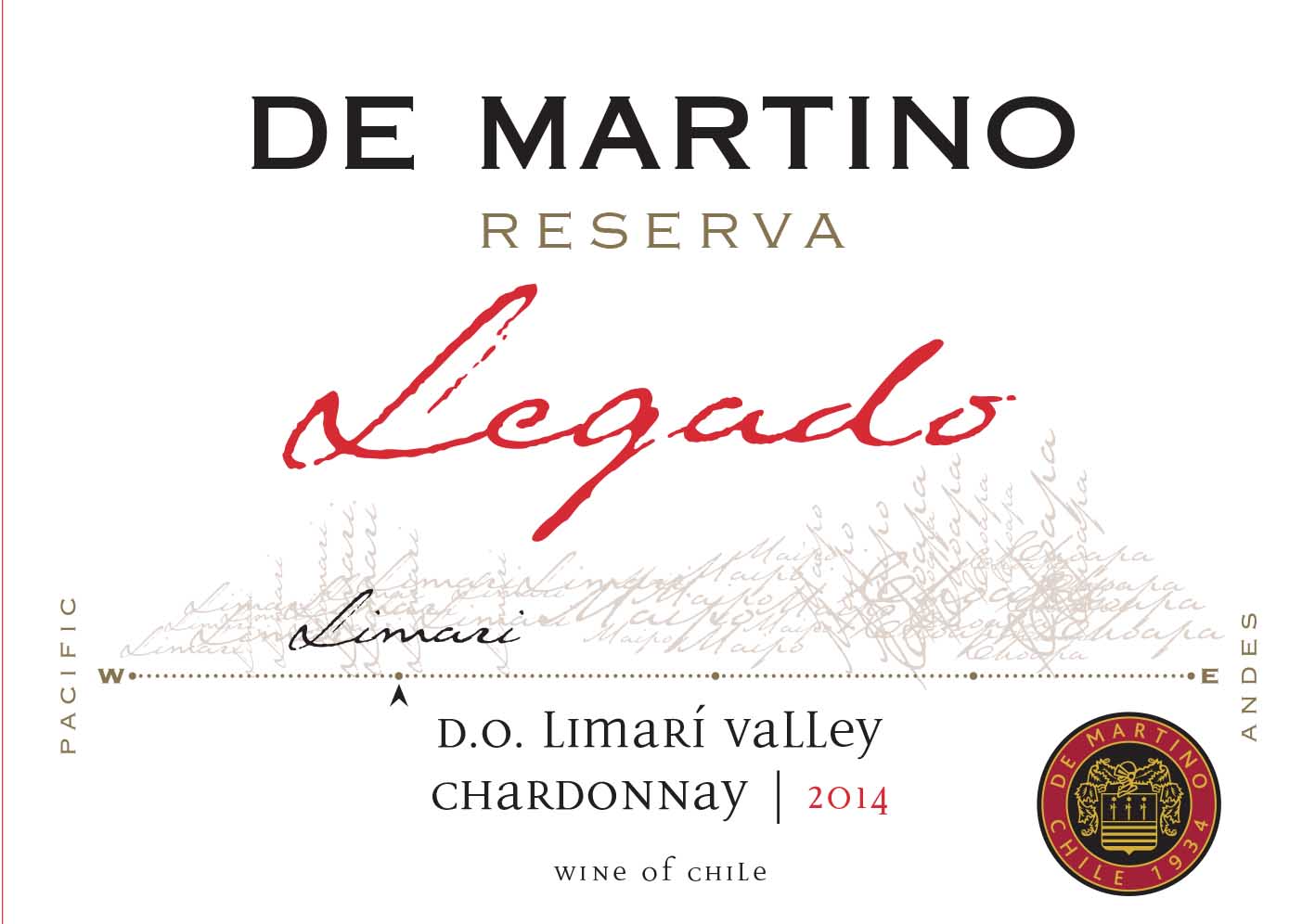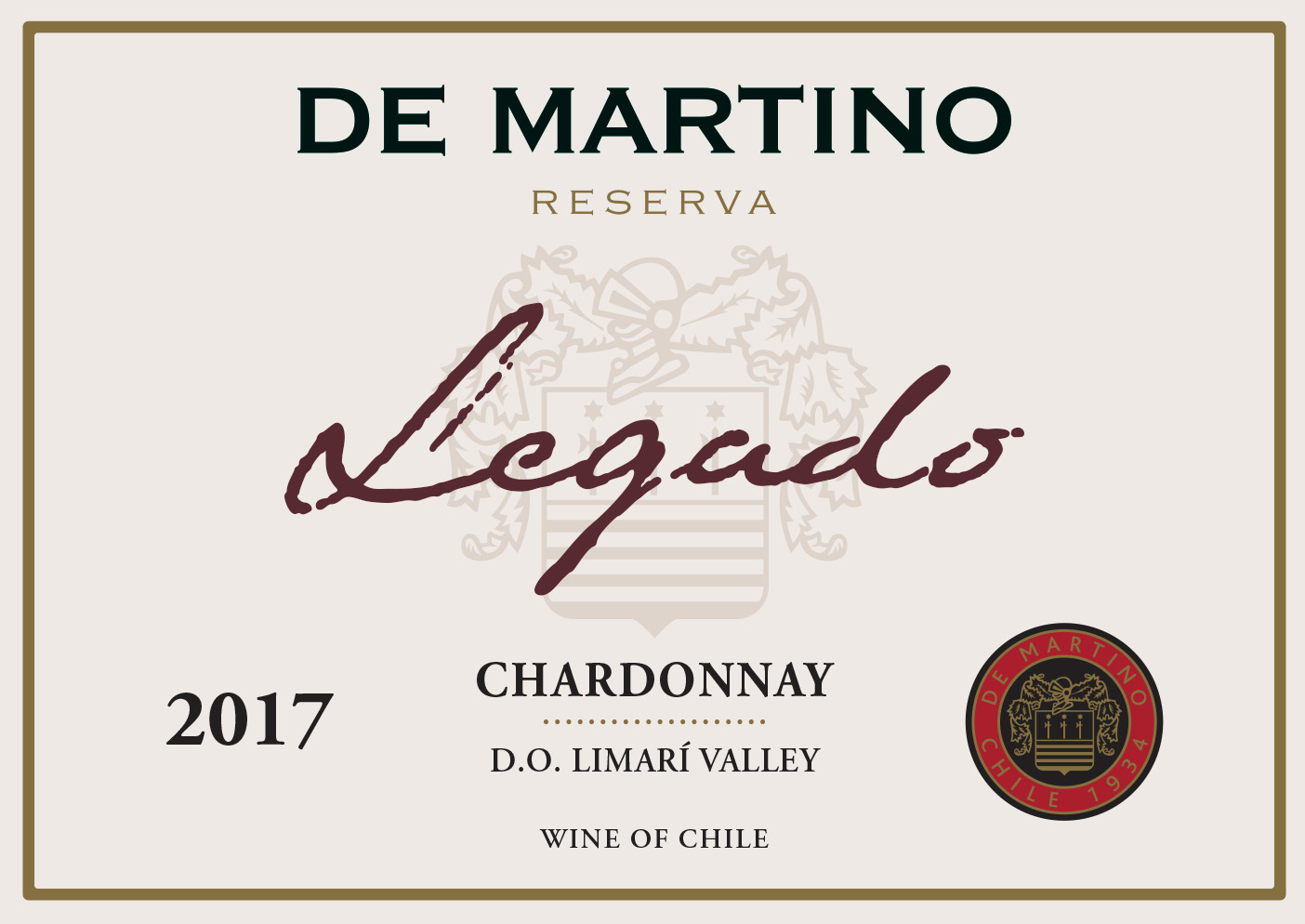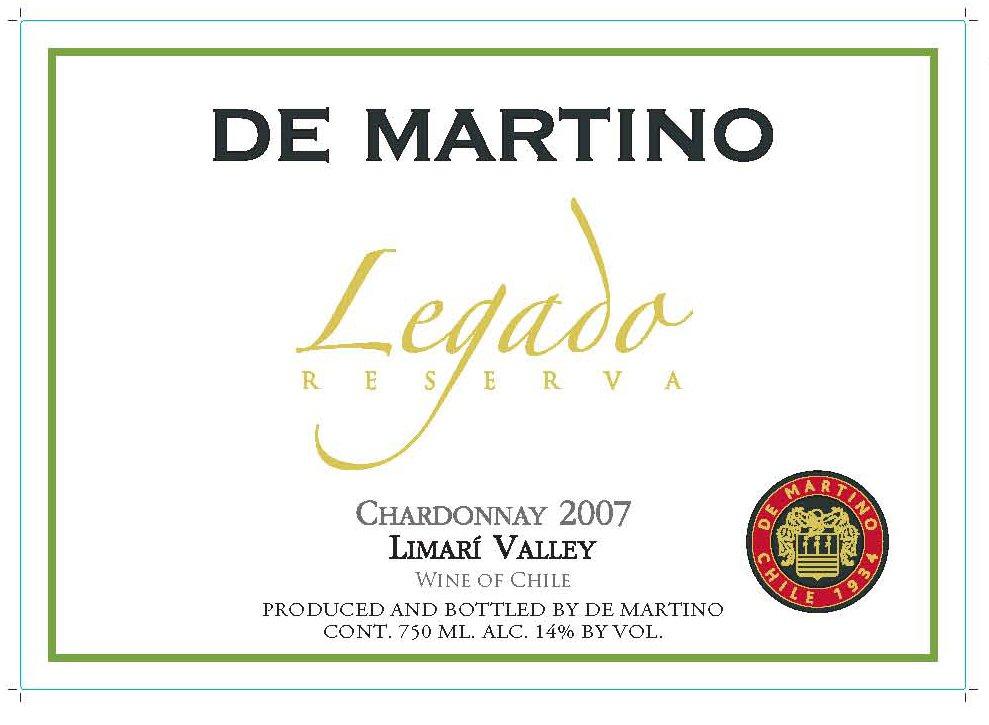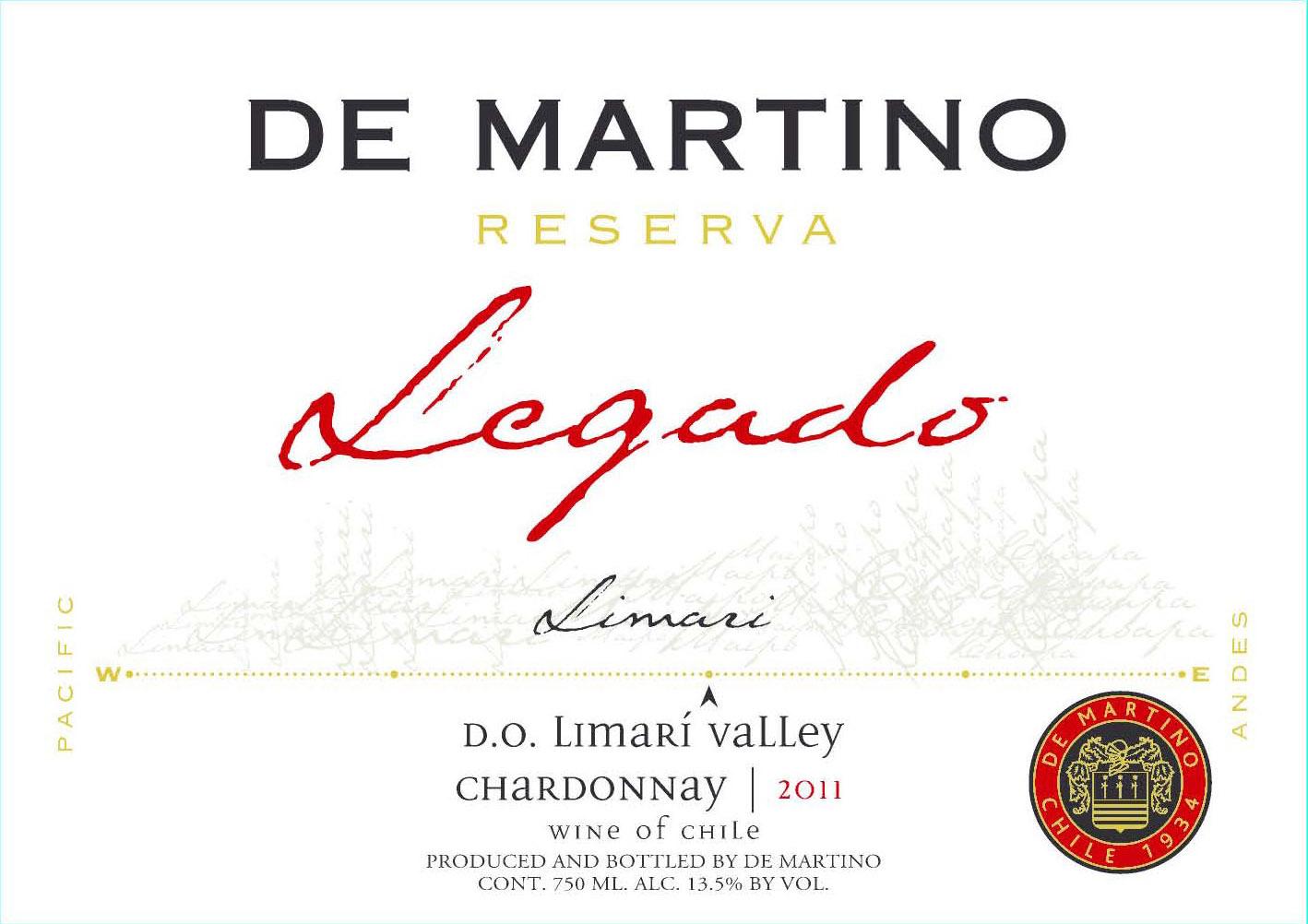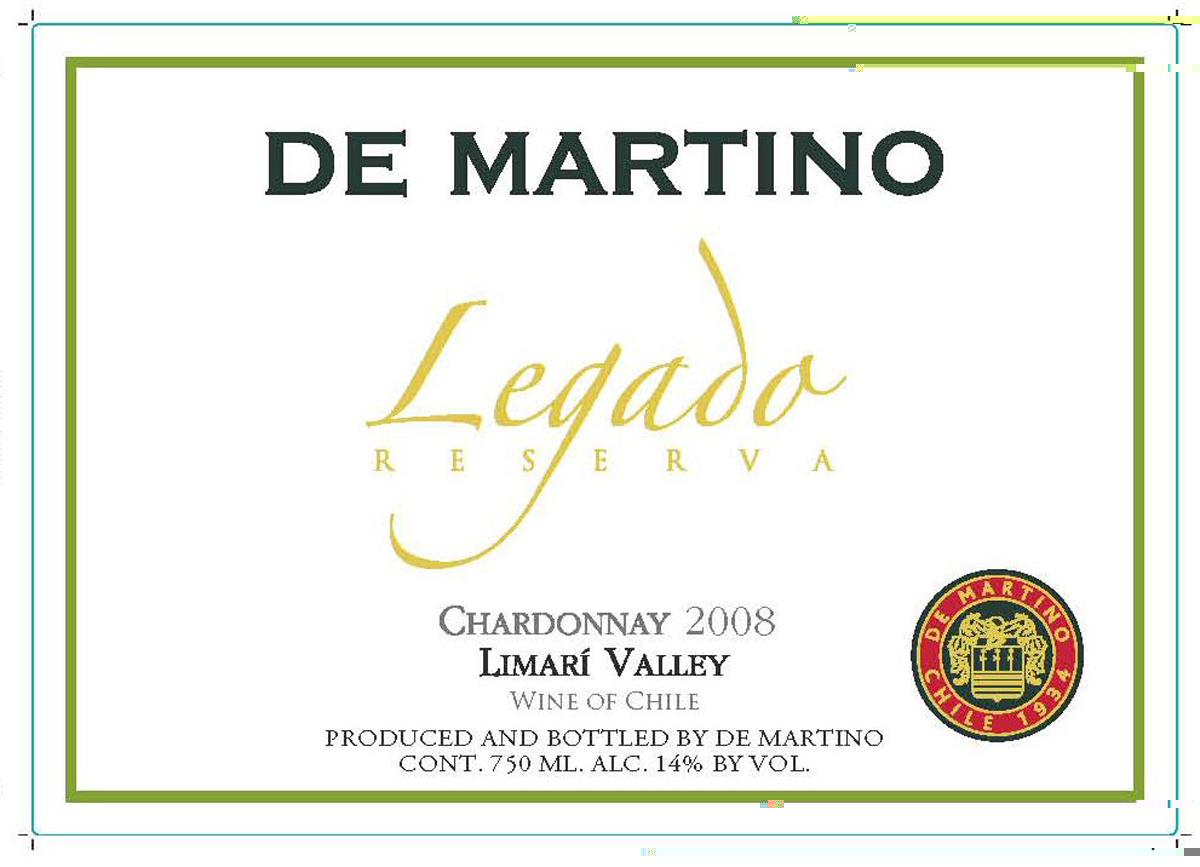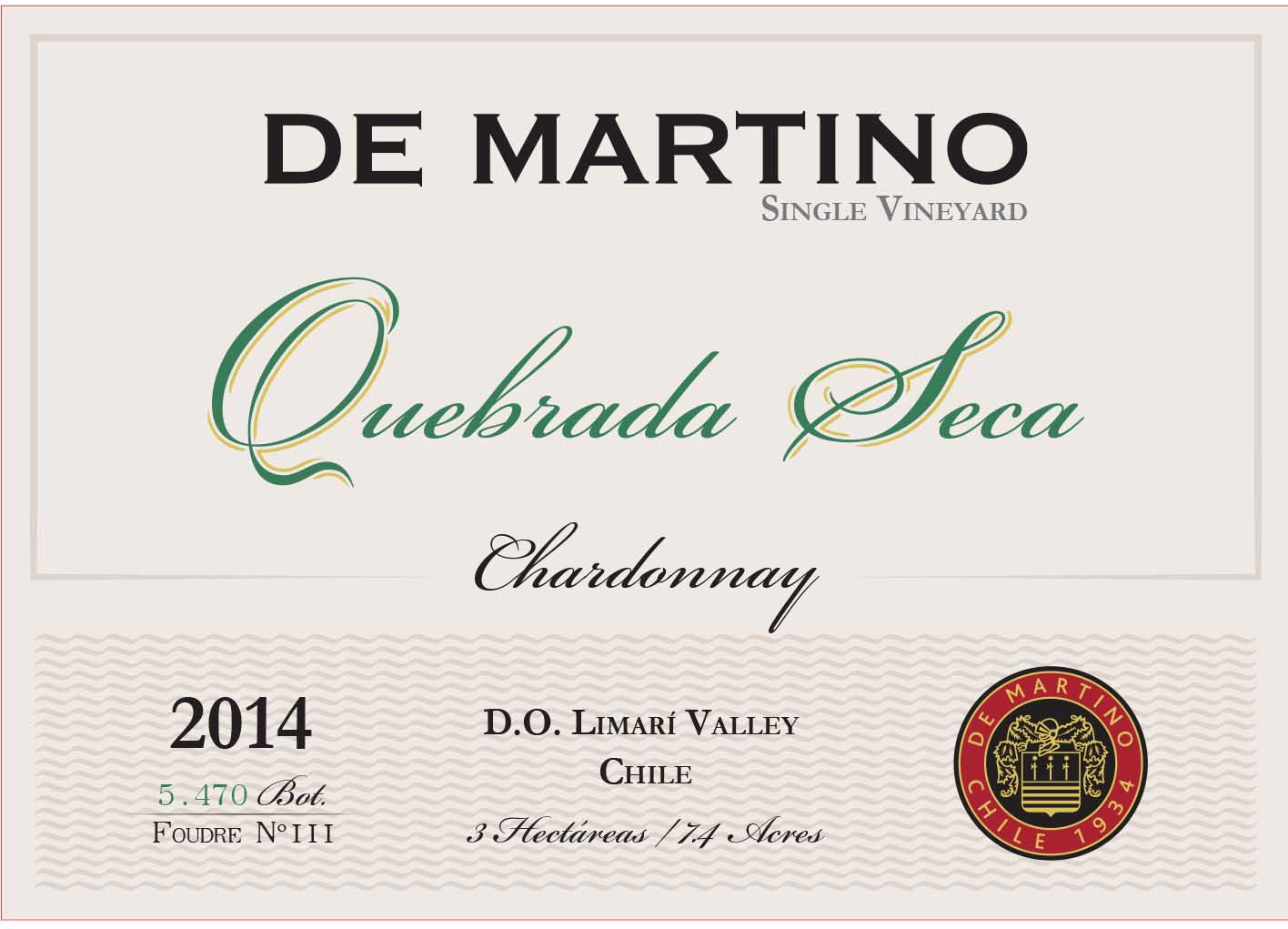Terroir of Coquimbo
The Coquimbo region's unique terroir and climate create exceptional wines, shaped by diverse elements across its sub-regions. In Elqui Valley, vineyards cling to altitudes between 1,650 and 2,206 meters. The high-altitude desert climate, with less than 100 mm of annual rainfall, requires irrigation. The intense sunlight and cool nights create wines with fresh acidity. Soils here are thin and rocky, primarily granite and some chalk, yielding highly concentrated grapes.
Limarí Valley benefits from the Pacific Ocean's influence, with the Camanchaca fog providing essential moisture and cooling. Its ancient marine limestone soils impart a distinctive mineral character, particularly in Chardonnay. Choapa Valley, Chile's narrowest area, merges Andes and coastal influences, with rocky, nutrient-poor soils stressing vines for high-quality fruit. These sub-regions' altitudes, climates, and soils contribute to Coquimbo's vibrant, cool-climate wines.
Notable Wineries in Coquimbo
Coquimbo, known for its pioneering spirit, is home to remarkable wineries that have embraced the region’s challenging conditions to craft exceptional wines:
-
Viña Falernia: This trailblazer in Elqui Valley skillfully navigates diverse climates, crafting cool-climate wines from vineyards ranging from 350 to 2,070 meters in altitude.
-
Viñedos de Alcohuaz: Situated between 1,650 and 2,206 meters, this estate uses minimal intervention and traditional methods to capture the pure essence of high-altitude granite soils.
-
Viña Mayu: Recognized for planting Elqui's first fine wine grapes, Mayu is celebrated for its innovative dry white wines from the Pisco grape, Pedro Ximénez.
-
Viña Tabalí: In the Limarí Valley, Tabalí excels with wines from the Talinay vineyard's unique limestone soils, producing wines with notable saline minerality.
Sustainable Winemaking in Coquimbo
In Coquimbo, sustainability is a necessity, driven by the region's harsh climate and limited resources. The dry, desert-like environment naturally reduces the need for chemical treatments, making organic farming more viable. Water management is crucial, with vineyards relying on efficient drip irrigation systems fed by Andean snowmelt. This approach conserves water and ensures vines receive just the right amount of moisture.
Wineries in Coquimbo are committed to eco-friendly practices, with many certified by the Sustainable Wines of Chile program. Organic and biodynamic methods are increasingly popular, reflecting a deep connection to the land. These sustainable approaches not only protect the environment but enhance the unique flavors of Coquimbo's wines, capturing the essence of this remarkable region.
Wine Tourism in Coquimbo
Coquimbo's wine tourism offers a unique blend of viticulture and celestial exploration. The region's clear skies are perfect for Astro-tourism, particularly in the Elqui Valley, home to the world's first International Dark Sky Sanctuary.
Visitors can experience daytime wine tastings followed by stargazing at observatories like Mamalluca and Pangue. The "Pisco Route" provides insights into the area's Pisco culture with traditional distillery tours.
Though less frequented than central Chile, Coquimbo's wineries, such as Viña Falernia and Viña Tabalí, offer intimate visits. The local cuisine, rich in seafood, complements the area's crisp, mineral-driven whites.
For those seeking adventure, Coquimbo's landscapes, including Fray Jorge National Park, invite hiking, horseback riding, and cycling. This region's commitment to sustainability, driven by its challenging climate, enhances the wine experience, showcasing organic and biodynamic practices that preserve the environment and elevate wine quality.



